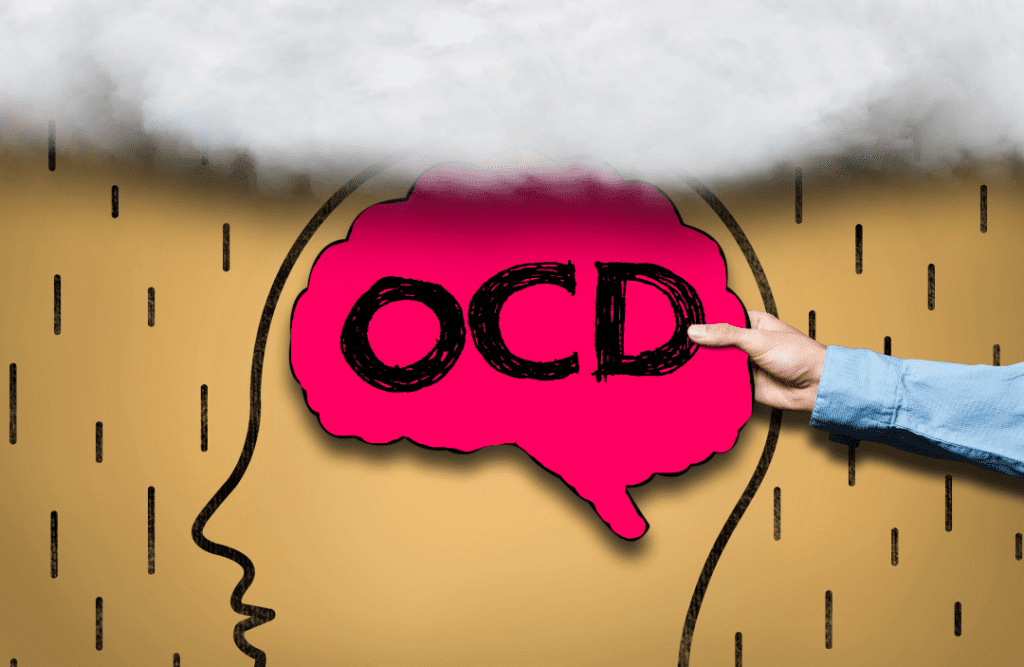Student Healthcare Programs- Obsessive Compulsive Disorder
OCD is a mental problem that is triggered by obsessions and/or compulsions that make the person go through a prolonged distress and thus, the person is unable to function. Obsessions are the recurring and incessant thoughts, longings, visions, or beliefs, which cause nervousness or suffering. Rituals are repetitive actions or thoughts that a afraid person feels obligated to do as a solution to an obsession or as the result of obeying the rules.
Student healthcare programs are very important because they give treatment and help to the students who suffer from OCD (Obsessive- Compulsive Disorder). These student healthcare services are vital in the management of OCD.
Prevalence and Impact
OCD is much more common than most people think because it affects about 1% to 2% of the people in the world. The disease mostly comes to the surface in late childhood, or teenage years, or very early in their adult life. Since it can result in immense damage and impose restrictions in many important areas like work or studies, it is evident that the student healthcare Services are really important. Student healthcare programs are the most important factor in this regard.
Understanding OCD Symptoms
The most of the cases of OCD symptoms are the obsessions that are related to the themes such as the fear of infection or germs, the desire for symmetry or neatness, the temptation of the aggressive or the prohibited thoughts, and the doubts or the fears of making mistakes which are the obsessions of the OCD’s sufferers’ minds. The voracious ills’ can consume a student and lead to a lot of complications which in turn can be solved by the student healthcare services that provide the appropriate tools to deal with this predicament. The student healthcare programs deal with these problems in a better way.
On the other hand, there are common Compulsions which are behaviors or mental acts which must be performed in order to relieve tension or to avoid a bad event. Constantly washing your hands or cleaning something, or checking on behaviors are the typical signs of itching. e. g. Checking all locks (doors, windows) and devices, repeating the words or counting them, and the arrangement of the objects the way they should be. The main building block of the student healthcare programs which are carried out among the students is the knowledge of the compulsions situation.

Risk Factors
- The Factors Which Become the Cause of OCD are the Biological Factors. The scientific researches proved that OCD could be a result of the malfunctions of the brain structure and function. Serotonin is the key neurotransmitters that control mood and anxiety and are supposed to be the ones that bring OCD-like symptoms. The awareness of and the consideration of these biological aspects are a must for any student healthcare company that has the career to assist students with OCD to be successful. student healthcare Services consider these issues as well.
- Environmental factors, such as stress, trauma, and abrupt life-changing events, are among the major causes of the onset and the aggravation of OCD in those who are particularly vulnerable. Unusual environmental circumstances, such as early adversities or the type of family environment, may also sometimes be the reason behind OCD formation. Student healthcare services need to be aware of the factors that lead to depression, such as loneliness or bad academic results in order to apply the most effective support and intervention measures. This is where school healthcare services are at the core.
Diagnostic of OCD
Criteria for Diagnosis
- Almost all of the time, the DSM-5 criteria are used as the basis for diagnosing OCD. To meet the criteria for OCD diagnosis, an individual must experience:The adequacy of the criteria for OCD diagnosis is the presence of obsessions, compulsions or both at the same time. Behaviors that are paired with an obsession or a compulsion, and that last more than an hour a day, and that are out of proportion to the situation, can start with causing significant distress or impairment in functioning. Even though the signs are not the ones of physiological effects of drug or medical conditions, they might just be the symptoms of a different thing. Student healthcare company and student healthcare programs are the ones who have the skills to deal with these circumstances.
- Assessments and Evaluations A comprehensive assessment for OCD involves:A complete assessment for OCD includes: Clinical Interviews: Interviews that are conducted by professionals, interested in and knowledgeable about mental health have well structured questions for the determination of the type and amount of both obsessions and compulsions. Self-Report Measures: The latest phase of the study entails the request to the patients to complete some standard questionnaires, which will enable them to express their views on symptoms, and the disruption of their lifestyle. Behavioral Observation: The patient’s behavior under certain limitations will be useful for confirming the diagnosis. School and student healthcare services are also the crucial factors in this case.

Treatment
- Cognitive behavioral therapy – is the most proved method to deal with stressors and control anxiety. The Student healthcare programs of the students usually comprises such therapies as a part of their treatment plans.
- Cognitive behavioral therapy is the most popular and the most effective of the techniques which are used to treat obsessive compulsive disorder.
- Exposure and Response Prevention (ERP): The patients are gradually exposed to their dreaded states or triggers and are taught to behave themselves instead of panicking. It plays a role in shifting the thoughts from the obsessional ones hence diminishing their urge. student healthcare Services are an important part of this process.
- Cognitive Restructuring: This specific section is the one that is about the inquiry and the dissolution of obsessional thinking by criticizing and reversing its faulty thinking patterns. Many student healthcare programs contain cognitive restructuring as one of the main sections.
Problems
Academic loss is common among those classmates with OCD who find it hard to concentrate on tasks because of their rituals. Likewise, on the other hand, the students are also worried about getting the perfect result, so they end up re-doing or re-checking their school projects and assignments again and again. Thusly, the reality of these problems, which show the importance of the school healthcare services to be well-functioned, is brought to the light.
Social Interactions OCD is a reason for social anxiety and the inability of people to participate in social activities that could be the cause of the problems of maintaining strong relations in the future, and on top of that, the social anxiety increases the self-consciousness and the fear of judgement. The existence of these social discrimination issues proves that there is a need for schools to have healthcare services that will take care of the wellness of the students.
Strategies
- awareness campaigns which will provide the students, parents, and the staff with the information on OCD, its signs and symptoms, and also the available resources for the help and support. Thus, it creates a better chance to deal with stigma and make it possible and sustainable to recognize students’ health issues as the main strategy for any student healthcare company.
- Psychological and Mental Health Programs in the schools can be the place for a student to seek a counseling service that is confidential and provided by a trained professional who has a background in mental health care. The school healthcare services are providing help, coping mechanisms, and connections with teachers and other friends for OCD students, therefore, the school healthcare services are playing the role of the main support to the OCD students.

Engaging in mental health education in schools.
Schools are a vital tool in designing a pleasant environment which in turn helps to keep the students’ mental health in a good state. This can be achieved by including mindfulness activities in the school curriculum, creating a mental health course, developing a program of mental health education for the teachers and staff and by means of peer support. The example is the aptitude of the explained approaches in student healthcare programs.
Conclusion
In general, schools can be of great help to the students with OCD in achieving the overall well-being by creating a mental healthcare program and a friendly and supportive environment. By raising the student awareness, giving counseling, mental health and wellness services, including mental health into education, training staff and by promoting peer support, student healthcare company would enable students who battle OCD to excel academically and socially. This shows that both school healthcare services and student healthcare services play a critical role in OCD management among students.
